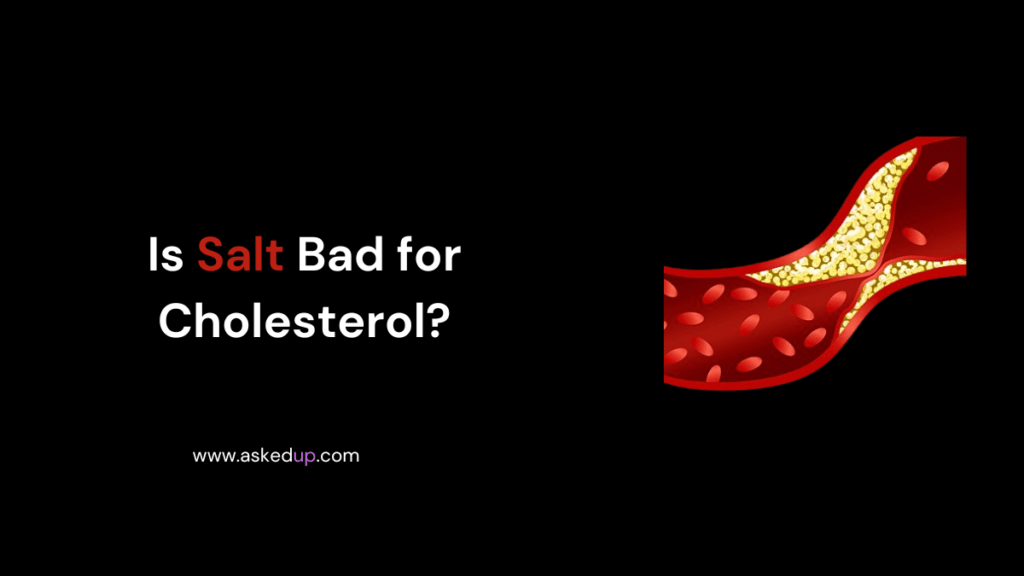Introduction
Salt plays a vital role in our diet. However, there is a common belief that salt can raise cholesterol levels. In this article, we will explore the relationship between salt and cholesterol. We will also discuss whether salt is truly bad for cholesterol or not.
What is Cholesterol?
First, let us understand what cholesterol is. Cholesterol is a waxy substance found in our blood. Our bodies need cholesterol to build healthy cells. However, having high levels of cholesterol can increase the risk of heart disease.
There are two main types of cholesterol:
- Low-density lipoprotein (LDL) cholesterol is often called “bad” cholesterol. High levels of LDD cholesterol can lead to a buildup of plaque in the arteries.
- High-density lipoprotein (HDL) cholesterol is often called “good” cholesterol. HDL cholesterol helps remove LDL cholesterol from the arteries.
The Relationship between Them
Now, let us explore the relationship between Nacl and cholesterol. Many people believe that salt can raise cholesterol levels. However, this belief is not entirely accurate.
Nacl itself does not directly affect cholesterol levels. In other words, consuming Nacl does not cause cholesterol levels to increase. Instead, Nacl can indirectly affect cholesterol levels by increasing blood pressure.
High blood pressure is a risk factor for heart disease. When blood pressure is high, it can damage the lining of the arteries. This damage can lead to a buildup of plaque, which can block the arteries and increase the risk of heart disease.
So, while salt does not directly raise cholesterol levels, it can indirectly increase the risk of heart disease by increasing blood pressure.
Is Salt Bad for Cholesterol?
Based on the information above, we can conclude that Nacl is not necessarily bad for cholesterol. However, it is important to consume salt in moderation.
The American Heart Association recommends limiting sodium intake to no more than 2,300 milligrams per day. For people with high blood pressure, the recommended limit is even lower – no more than 1,500 milligrams per day.
By limiting salt intake, you can help keep your blood pressure at a healthy level. This, in turn, can help reduce the risk of heart disease and other health problems.
Discover: How To Reset Your AirPods
Conclusion
In summary, salt does not directly raise cholesterol levels. However, consuming too much salt can increase blood pressure, which is a risk factor for heart disease. To maintain a healthy cholesterol level and reduce the risk of heart disease, it is important to limit your salt intake to the recommended amounts.
Remember, a balanced diet and regular exercise are also essential for maintaining good heart health. If you have concerns about your cholesterol levels or salt intake, be sure to speak with your healthcare provider.


